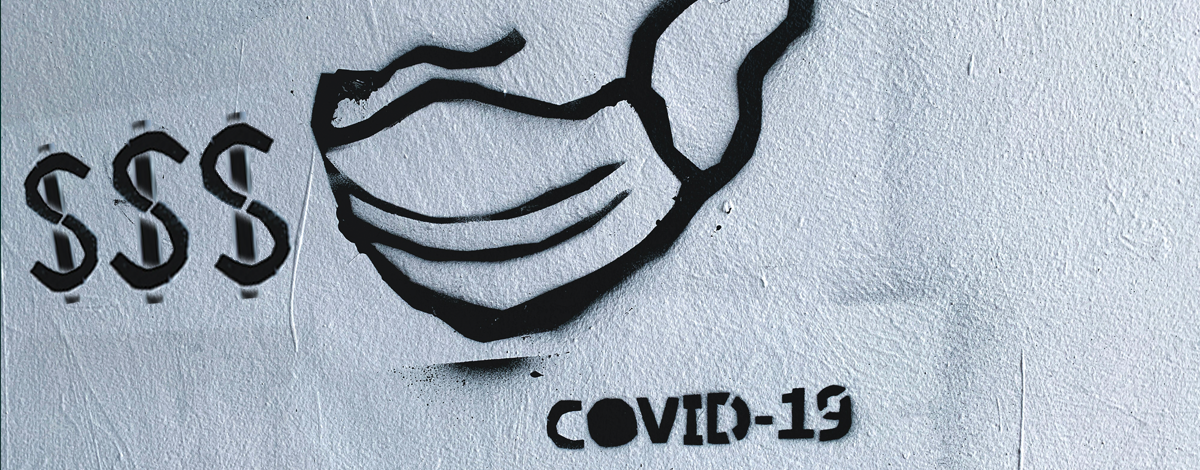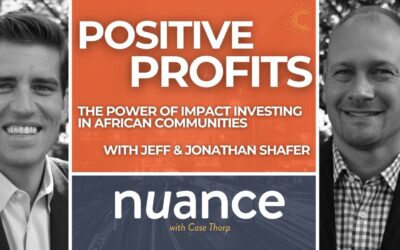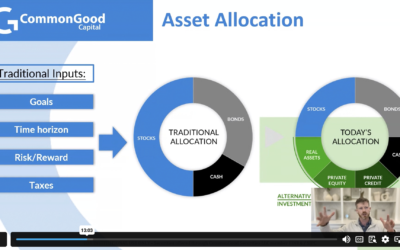In the first issue of this series, I wrote about the economic cost of the COVID-19 pandemic: 22 million unemployment claims then – now reported at 33.5 million; 15.0% projected unemployment rate then – now reported at 14.7%; and 34% projected decline in U.S. Q2 GDP – now projected at 40.0%. These are the primary, direct costs of the approach that our government officials have taken in response to the pandemic, costs which I’ve posited may be more harmful than the those of the disease itself.
But there are also secondary and tertiary costs associated with this. What happens to someone when they lose their job? What are the broad implications when a community is affected by mass unemployment? What happens to the family unit, friendships, colleague relations, or other contexts of social behavior when someone is, according to the ostensibly softer phrase, “made redundant”? These are complex questions with multiple layers, but the answers – these secondary and tertiary costs – become increasingly important to ascertain as they intensify with each passing week.
A substantial (and growing) body of evidence points to a deterioration in mental health for those that face unemployment, something that worsens with the duration of the unemployment period. According to a recent World Happiness Report, unemployed individuals report 30% more negative emotional experiences as compared to employed individuals. This coincides with greater prevalence of depression, anxiety and low self-esteem. Naturally, these ailments have an acutely detrimental effect on things like social interaction, relational engagement and fulfillment of responsibilities.
Unemployment also takes a physical toll. According to a 2006 study done in the United Kingdom, the risk of cardiovascular disease, such as hypertension, and respiratory illnesses is higher for those who have lost their job. This is likely a result of higher stress levels associated with a lack of income, particularly for those with other people in their care, but the possibility cannot be ruled out that the stigma associated with joblessness plays a role as well. Most importantly, unemployment is distinctly correlated with higher mortality rates and certain causes of death: the longer the duration of unemployment, the higher the risk of death.
Finally, job loss also alters social behavior. Among the most prominent habits that accompany unemployment is the abuse of alcohol and illicit drugs. Research has shown that there is a “positive and significant association” between job loss and average daily alcohol consumption, number of binge drinking days and the probability of alcohol dependence. Other studies have shown that the use of illicit and prescription drugs is more prevalent among unemployed individuals than those who are employed.
This type of behavior can certainly lead to overdose-related deaths, but those fortunate to elude that may still succumb later in life to alcohol- and drug-related disease. A third shift in social behavior is the increased rate of suicide. One study indicates that those who are unemployed are 2-3 times more likely to take their own life than those who retain their jobs.
There is a myriad of other statistics out there, all tying joblessness to some element of detriment to the mental, physical and social health of individuals. Similar to what I posted in the previous issue – that the economic fallout caused by COVID-19 could be worse than the disease itself – these statistics indicate that the health effects of unemployment may rival that of the disease. Yet, there is an important and disconcerting difference: the United States government has thrown its full weight and authority behind the fight against COVID-19, whereas with regard to the prevention and treatment of things like suicide, alcohol abuse and depression, no such degree of effort exists. This may prove to result in a protracted and costly fight against the disorders that plague an increasing number of people around the country.
Eventually, though I cannot say with certainty when, the havoc that COVID-19 has wreaked on our economy and our people will subside. Social distancing rules will end; restaurants and retail shops will open; orders for hand sanitizer and masks will diminish; and – dare I say it – people will fly on planes. Most things will return to normal, albeit with a renewed sense of awareness for epidemics. Unfortunately, it isn’t until that sense of normalcy returns that the damage to the economy and the job market can begin to be mended. Jobs simply cannot exist until that corner cafe returns to selling cappuccinos, or that boutique retailer holds a new sale on earrings, or that construction business finishes the half-built apartment complex. Here at CommonGood, we remain hopeful that our government leaders will begin to realize the price of this pandemic and take swift action to reinvigorate our economy and reinstate so many lost jobs. For the health and well-being of our fellow citizens, this is imperative. As that vision is realized, and people begin to return to employment en masse, we stand ready to help small businesses with the capital and solutions they need to address the challenges brought on by COVID-19 and best position themselves for future growth.




